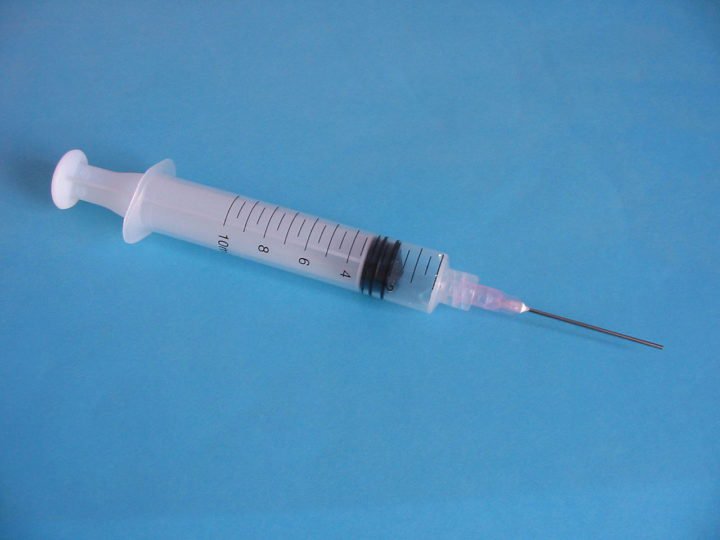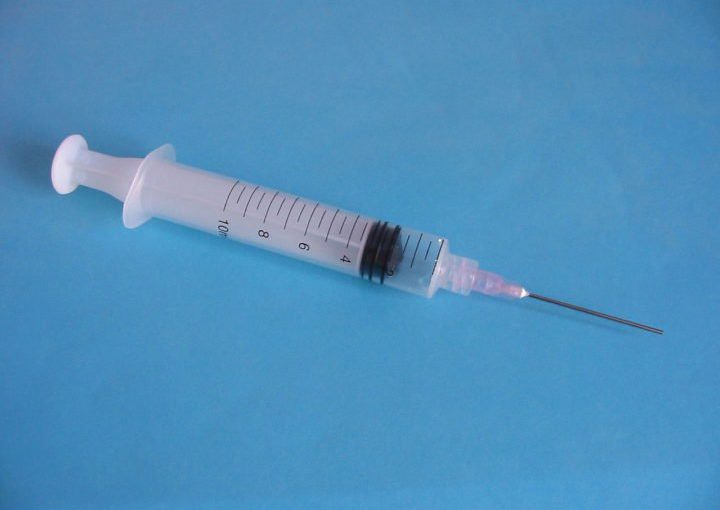Immunotherapy is going to be the next big thing in cancer treatment. Someday cancer will be stopped at its tracks by drugs that could be essentially called vaccines. Scientists at the University of Helsinki developed porous silicon and adenovirus-based biohybrid nanovaccines that are safe, well tolerated, and effective.

Cancer vaccines might be on the way – porous silicon nanoparticles could form a basis for such therapeutics. Image credit: Biggishben via Wikimedia(CC BY-SA 3.0)
Immunotherapy is undoubtedly a great approach, producing positive long-lasting effects. However, some patients are essentially immune to immunotherapies due to immunotherapeutic resistance. For some time now scientists have been investigating ways to combat this situation and it seems like a plant is clear – immunotherapeutic resistance can be overcome by a combination of therapies, then cancer vaccine or an oncolytic virus followed by immune antibodies can be administered. At least in theory, this approach does seem to work. However, where would we get the vaccines? That’s where the porous silicon nanoparticles come in.
Porous silicon nanoparticles form a great basis for cancer vaccines. They can be preset to target only a specific size of lymphoid organs and can be loaded with adjuvants and antigens at the same time. Initial research shows that these kind of vaccines would be great at combating various types of cancer, particularly melanoma.
This new biohybrid multistage nanovaccine formulation, based on porous silicon nanoparticles, is effective against murine tumor models, as this new study shows. This study revealed that vaccine is able to stimulate the immune system of the mice and control melanoma tumors alone. However, when combined with antibodies, which are the present standard treatment, vaccines worked even better. Authors of the study propose biohybrid cell membrane technology as an innovative antigenic source.
The best thing about these novel ideas is that nanovaccines are safe and well tolerated. Furthermore, they are personalized. Flavia Fontana, one of the authors of the study, said: “The systems are quite easy to personalize: the core particle will be the same for all the patients, while the cell membrane wrapping will change for each patient because it will derive from parts of their tumor biopsy”.
It will still take a lot of research to take these biohybrid multistage nanovaccines to the next level, but so far it looks like it has a great potential. It could become a therapy of choice around the world, if clinical trials prove that it is as effective as is currently believed.
Source: University of Helsinki


